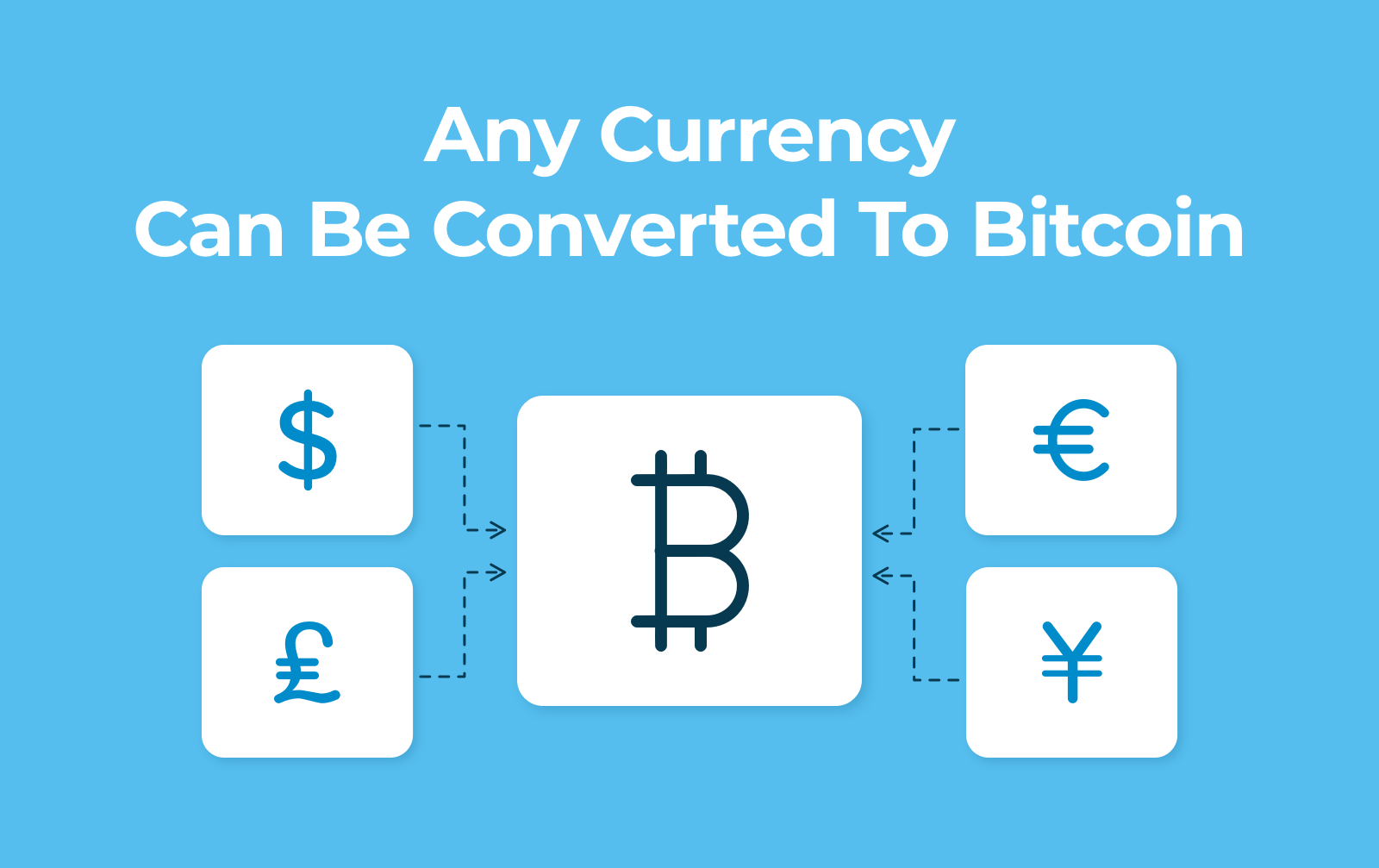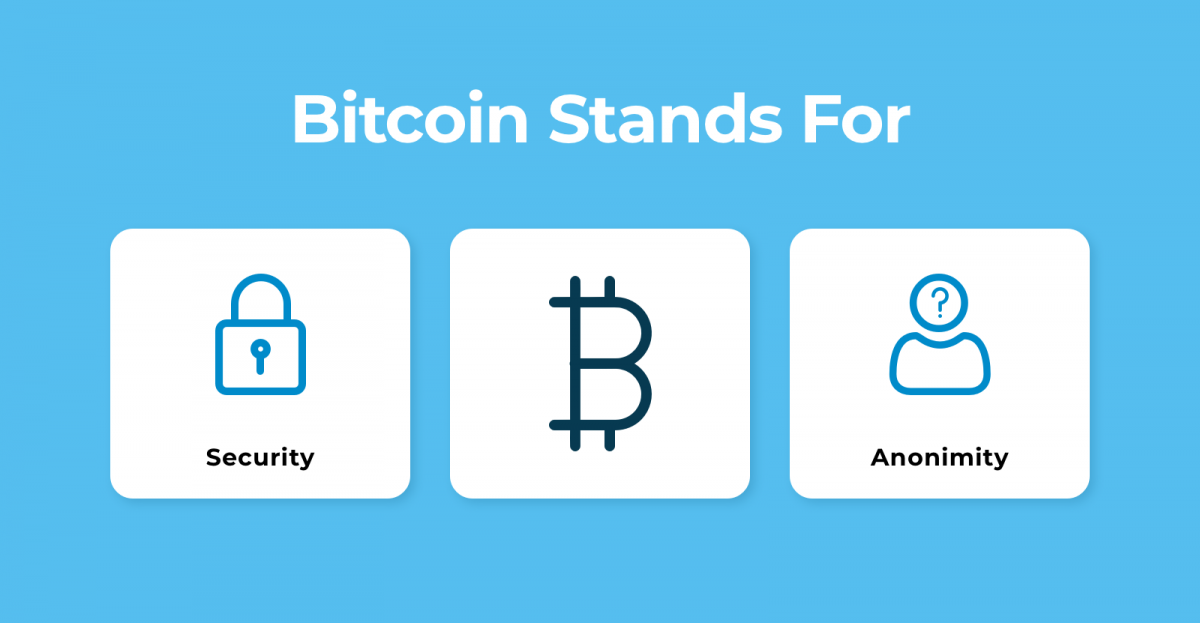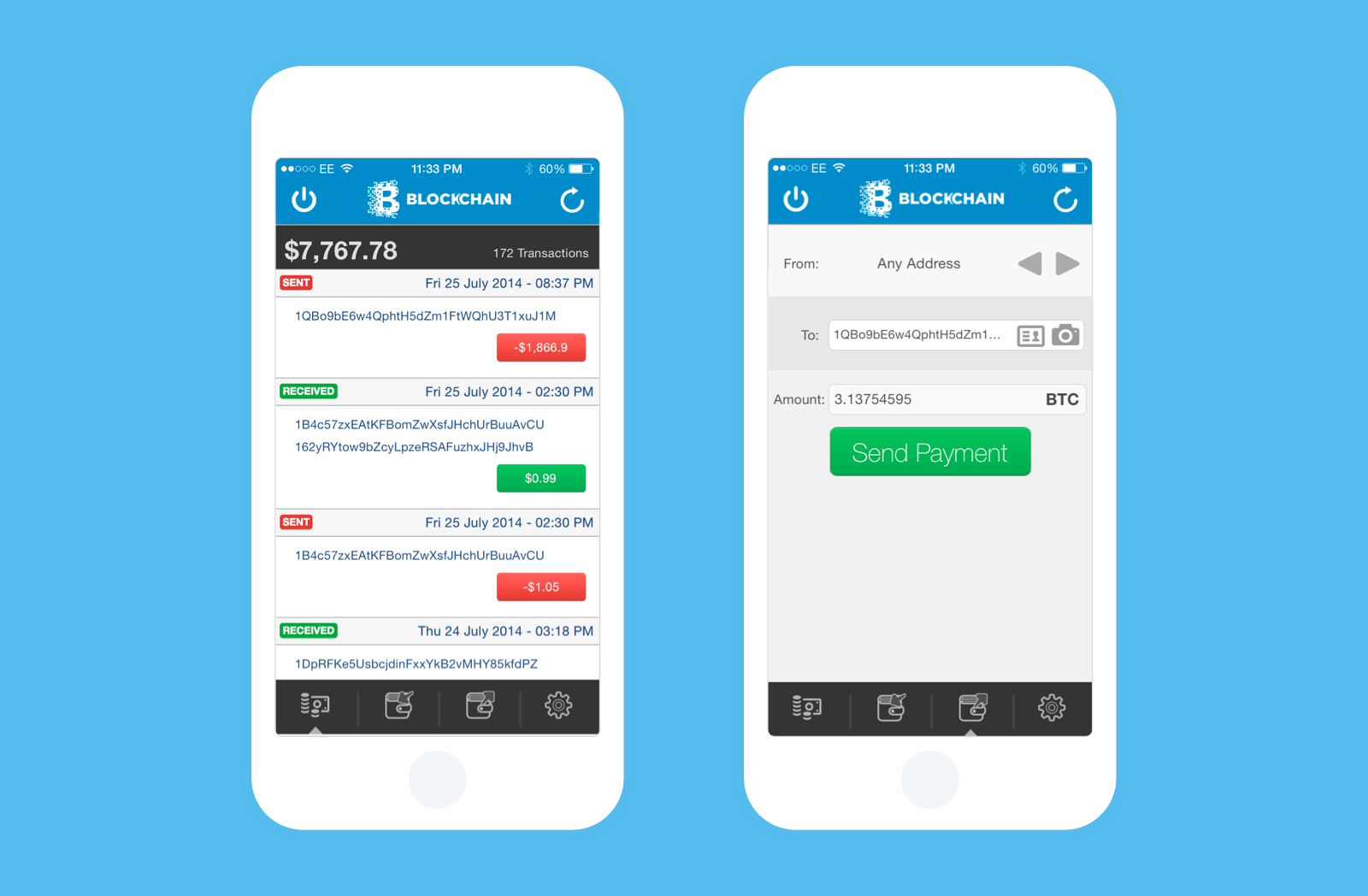Technology development does not stand still, and virtual currencies are already firmly rooted in our lives. In addition, technologies allow you to create your own Bitcoin wallet that will best suit your business’s requirements and needs. In this article, we will look at how a Bitcoin wallet is useful as a payment method and what tools are best for Bitcoin wallet development. Without further ado, let’s get started.
Benefits of Bitcoin Wallets
First, let’s quickly figure out what a cryptocurrency wallet is. This is software that stores public and private keys and interacts with various blockchains. This allows the wallet user to send and receive cryptocurrency with ease. What else is a Bitcoin wallet used for? The wallet owner can make transactions view transactions history and the current balance of the wallet.

Now let’s take a closer look at how to use a Bitcoin wallet.
- Payment in stores. Thanks to the CryptoPay startup, you can pay with Bitcoins in any store and even in those where don’t even hear about Bitcoin. CryptoPay is the same Bitcoin wallet, but it has a debit card that can be used to pay in stores via terminals.
- Wages payment. BitWage offers employers to pay wages using Bitcoins. For example, freelancers will find this payment method very convenient compared to regular bank transfers.
- International transfers. Bitcoin is a great option for small businesses that cannot sell goods to other countries due to high commissions. With Bitcoin, cross-border payments are several times cheaper.
- Fraud prevention. Bitcoin provides unrivaled anonymity and payment security. For example, a payment received cannot be disputed.

If you study some of the popular Bitcoin wallets, then you can see some of the similar features that every Bitcoin wallet should have. These features are vital to include when you want to build MVP of a Bitcoin wallet app. The list of these bitcoin wallet features might look like this:
- Registration and login screen
- User profile to check balance and make transactions
- Exchange rate
- QR code scanner to send and request cryptocurrency
- Trade service to see Bitcoin sellers and work as a seller
- Push-notifications
- Security measures (PIN and password)

Since the majority of cryptocurrency owners operate with Bitcoin, we will consider the most popular libraries that will be useful for developing Bitcoin applications for iOS and Android. Libraries are the ultimate tools that will help you create both a Bitcoin wallet and any other cryptocurrency-related application.
For our analysis, we’ll use the most popular Bitcoin wallet called Blockchain. This free wallet contains many free APIs for developers, and it supports many platforms such as Android, iOS, Windows, Linux, macOS.
There are two different API keys involved in the wallet:
- V2 API KEY allows the website to easily receive payments in Bitcoins.
- Blockchain Wallet API KEY provides full access to all functions such as wallet development, payments, transactions, address management, and much more.
You can get any of these keys by making an API request by leaving your contact information, company name, and the URL of your website or application.
Besides APIs that we mentioned above, the BitcoinJ SDK is also used in the development of Bitcoin wallets. This cross-platform library was created in Java to work with the Bitcoin system that supports the Android and Windows platforms.
This library has a fairly wide functionality that allows you to create Bitcoin wallets, work with existing wallets, balance monitoring, and transactions. In addition, this library has tools for converting exchange rates, the ability to receive information about a transaction, and fine-tune the transaction confirmation process.
The final library we’ll be looking at today is the Coinbase SDK. It is a cross-platform Java library that supports iOS and Android platforms. A distinctive feature of this library is that two methods are used for authentication:
- API KEY. This key can be created and activated directly on the official website of the library. The key opens access to work with your personal accounts or retail orders.
- OAuth token. This method opens access to working with personal accounts, managing wallets, and working with mobile applications.
Your business may not have grown enough to integrate Bitcoin personal payment. In this case, an excellent solution would be to use Ready-made services to integrate Bitcoin payments into your application. Let’s look at a few popular options that allow you to make transactions in Bitcoins.
For example, Stripe allows you to receive Bitcoin payments in dollars if customers implement the API in their application.
The Shopify service also allows you to create a personal store and include it in several payment methods, including Bitcoin.
There are several less popular but no less functional solutions for embedding Bitcoin payments into your application:
- BitPay and Bitbay. Thanks to these payment systems, you can fine-tune the payment process through mobile applications.
- BitPOS. This system was developed for physical stores that want to implement Bitcoin payments.
- Coinbase. This payment system has command buttons for payments as well as convenient integration with shopping baskets.
- Coinify. A very convenient platform for implementing Web payments in Bitcoins, as well as issuing payments.
- Coinkite. It is a powerful service with features such as Full bank reservation, invoices issuance, POS terminals, and Bitcoin payments.
Wrapping Up
We have told you about several ways to create a Bitcoin application that will help you integrate Bitcoin payments into your business. Thanks to this, you can save on costs and transactions. Bitcoin is the currency of the future, and its development should definitely not be overlooked.




